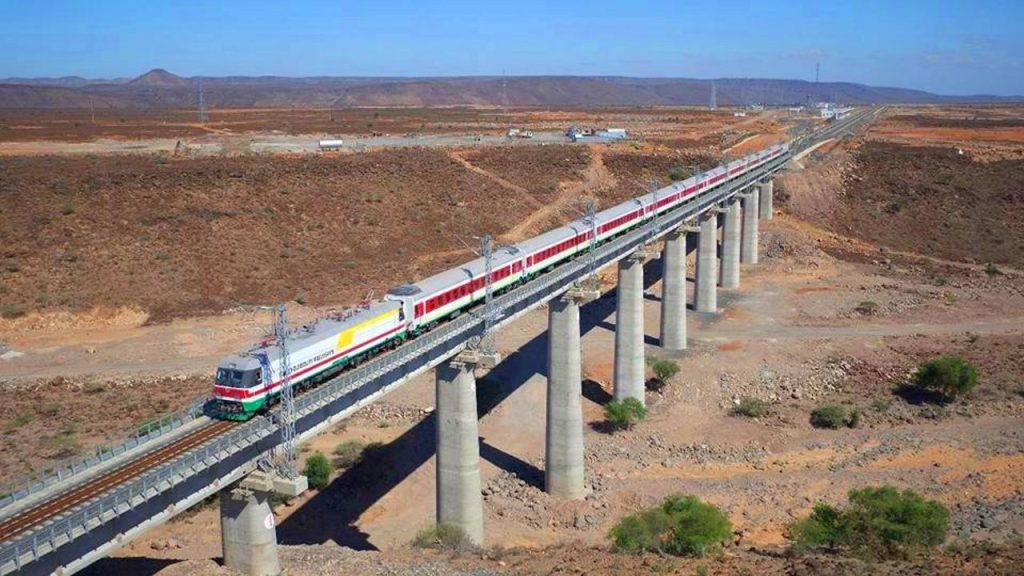
Yunnan Chen, a policy advisor at the Johns Hopkins University’s China Africa Research Initiative, says that despite the financial incentives for Ethiopia to contract Chinese companies for railways projects, the country is losing out in the long term when compared to projects contracted to companies that are based in other countries.
The advisor, who uses the term “railpolitik” to describe the nuances surrounding railway projects, compares the railway project from Addis Ababa to Djibouti that was contracted to China Eximbank in 2010 and the Awash-Mekelle railway project contracted to Turkish construction group Yapi Merkezi in 2013.
According to her policy brief, while Ethiopia was able to stave of its debt servicing issues due to a shortage in foreign currency, debt suspensions programs by Chinese lenders limited the freedom with which the Ethiopian government could integrate various aspects of the project into the country’s economic and professional ecosystem.
An example cited in the brief is that Ethiopia was not able to capitalise on on-the-job training and skill-sharing due to complete dominance of the construction and implementation process by Chinese professionals. Even post-construction training, which included instruction in locomotive operation and electrical engineering and was reported as being significantly better, was hampered by language barriers.
This was a product of Ethiopia’s obligation to employ China International Engineering Consulting Corporation. Not to mention that the project also required the import of technology that was well established in China but novel to Ethiopia.
Conversely, Ethiopia had much more leverage with the Awash-Mekelle project. English was the working language of the project and Yapi Merkezi construction group successfully trained more than 40 Ethiopian Railway Corporation staff during the first phase and hired a good number of them during the second.
In the end, however, there does not seem to be much difference as far as the timely and effective implementation of projects is concerned.
The Addis Ababa-Djibouti railway was completed in 2018 but has been riddled with power issues (Ethiopia insisted it be electrified) which in turn has led to sporadic service and high costs that have discouraged traders from using the line.
Similarly, the Awash-Mekelle railway is partially complete, with the first phase completed in 2019, and the second phase halted due to financing issues.
